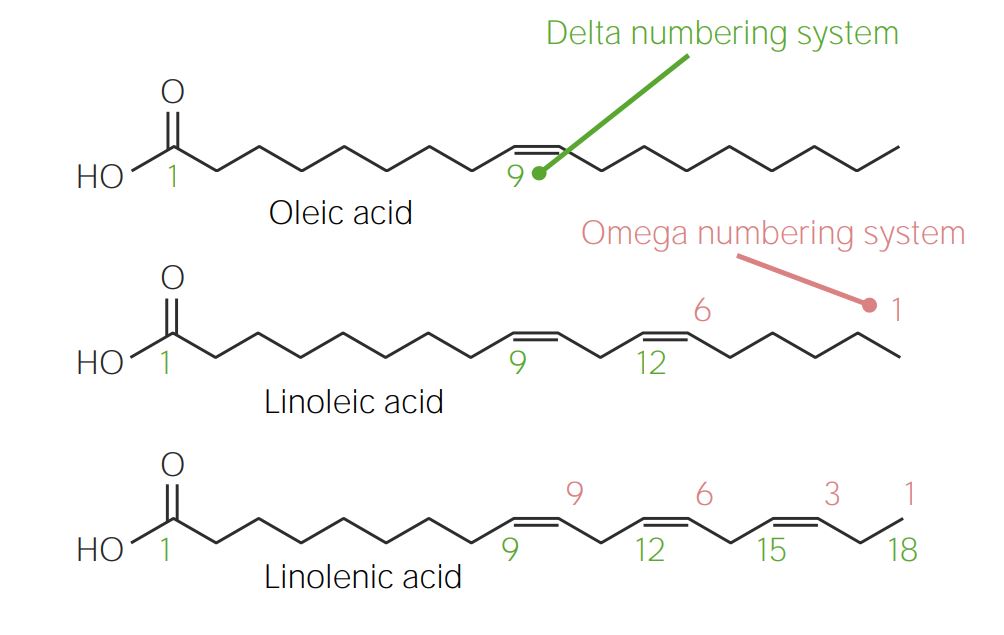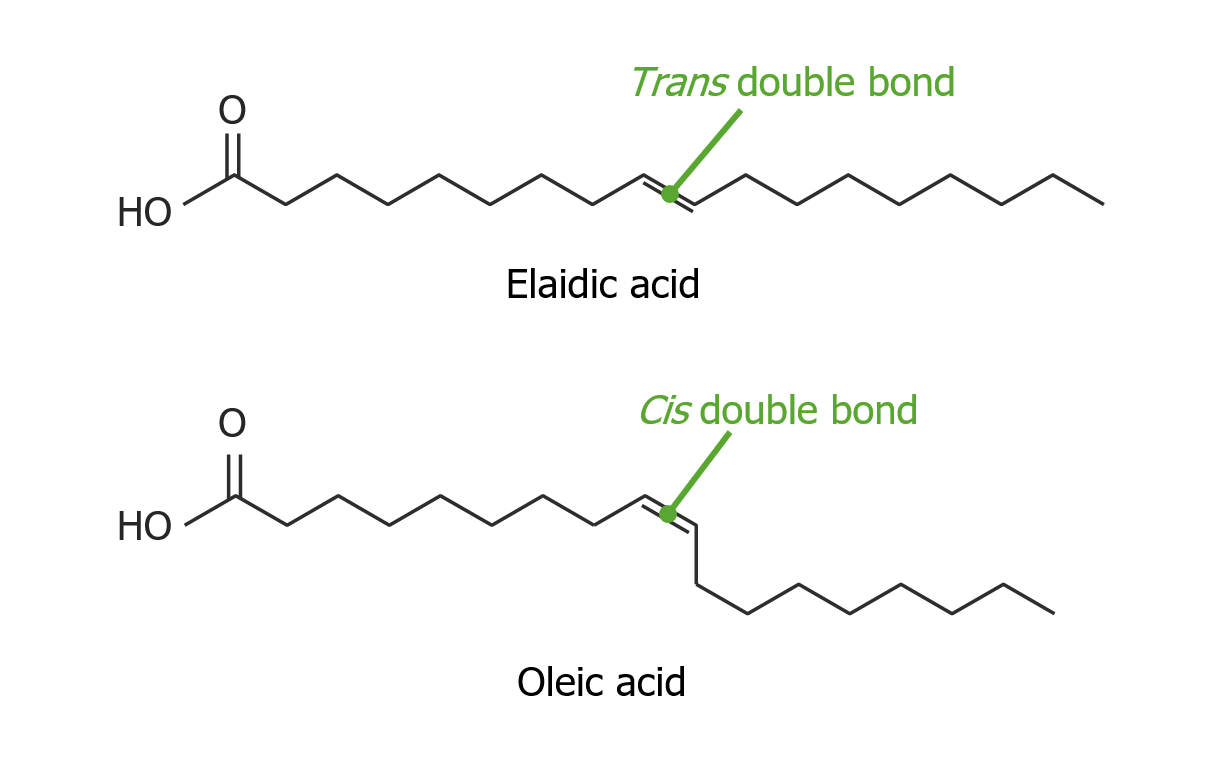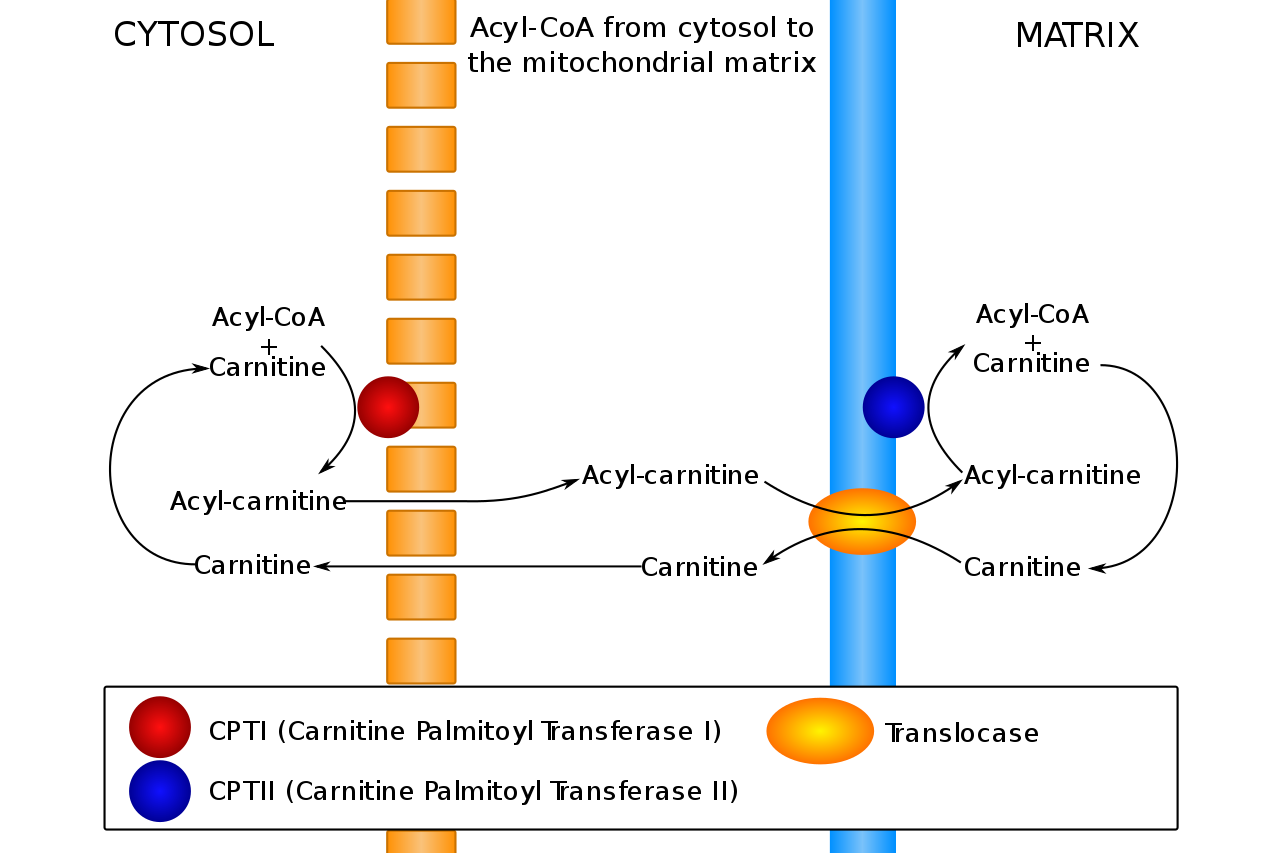Playlist
Show Playlist
Hide Playlist
Defects of Fatty Acid Oxidation
-
Slides MetabolicDisorders Pediatrics.pdf
-
Download Lecture Overview
00:01 Let's switch now to fatty acid oxidation defects. 00:05 So fatty acid oxidation is the breakdown of long fats as a result of using that energy so that we can eventually make ketones which we're gonna use as alternative energy source during periods of starvation. 00:21 Disorders that limit the ability to use fat as an energy source are the fatty acid oxidation defects. 00:29 The most common defect is MCAD or medium-chain acyl-coenzyme A dehydrogenase deficiency. 00:37 Don't say that too fast, most of us call it MCAD. 00:40 MCAD is autosomal recessive. 00:43 Remember, this is a problem with breaking down longer chain fatty acids. 00:49 So it's gonna present as acute hypoketotic hypoglycemia. 00:54 Remember, in a normal person who becomes getting, starts getting hypoglycemic, we're gonna have a decrease in insulin and an increase in glucagon which is gonna allow us to start making ketones. 01:08 This will serve as an alternative energy source. 01:11 In patients with MCAD, they can't make ketones. 01:14 So they are hypoketotic in the setting of hypoglycemia. 01:19 This can cause children to enter, have seizures, or enter a coma, or be very sick because the brain requires energy, obviously, in order to function. 01:29 This particular defect, MCAD, may be a bit milder than other fatty acid oxidation defects as there is no involvement of muscle or heart. 01:42 These patients may also have a hyperammonemia. 01:46 So how do we make the diagnosis of fatty acid oxidation defects whereas in the amino acids and the branch chain of amino acids we would get a serum, or a urine organic acid level, or a serum amino acid levels. 02:02 Here we'll do something called the acylcarnitine profile, which we'll get at most of this family a problems. 02:10 How do we treat MCAD? Well, if a child is acutely ill much like most of the fatty acid oxidation defects, we're going to give this child lots of IV glucose. 02:23 Wait, this is a fatty acid oxidation problem. 02:27 Why are you giving glucose? Again remember, patients are going to be breaking down fat if they are in a starvation state with low glucose. 02:37 If we give lots of glucose, we take them out of their catabolic state, they are less likely to have be breaking down fats and they are less likely to get in trouble. 02:47 In terms of maintenance, what we will often do is give them a slurry of starch at bedtime. 02:54 If you're gonna try and convince a child to eat a bowl of starch at bedtime, we typically use cornstarch. 03:01 You really want to start early in life because a 3-year-old is gonna have hard time learning to eat starch. 03:07 It's not very pleasant. 03:09 We want to avoid prolonged fasting in these children. 03:13 Parents know that if their child gets gastroenteritis or has some problem, they need to rush to the emergency room and frequently they'll bring a letter with them from their endocrinologist or their metabolism doctor saying exactly what needs to be done, which is usually D10 at 1.5x maintenance. 03:30 That's a very unusual fluid for this very special circumstance.
About the Lecture
The lecture Defects of Fatty Acid Oxidation by Brian Alverson, MD is from the course Pediatric Endocrinology.
Included Quiz Questions
A patient with MCAD presents with gastroenteritis. He has been drinking poorly, vomiting, and passing loose watery stool. Which of the following is the most appropriate intravenous fluid for this patient?
- 10% dextrose in normal saline
- 5% dextrose in normal saline
- 5% dextrose in half-normal saline
- Normal saline without dextrose
- 25% dextrose in water
Which of the following is a unique finding in patients with MCAD during hypoglycemia?
- Hypoketonemia
- Hyperketonemia
- Hyponatremia
- Hyperlipidemia
- Ketonuria
Customer reviews
5,0 of 5 stars
| 5 Stars |
|
1 |
| 4 Stars |
|
0 |
| 3 Stars |
|
0 |
| 2 Stars |
|
0 |
| 1 Star |
|
0 |
Excellent lecture, it makes it easy for the mind to grasp the concepts. Thanks!






